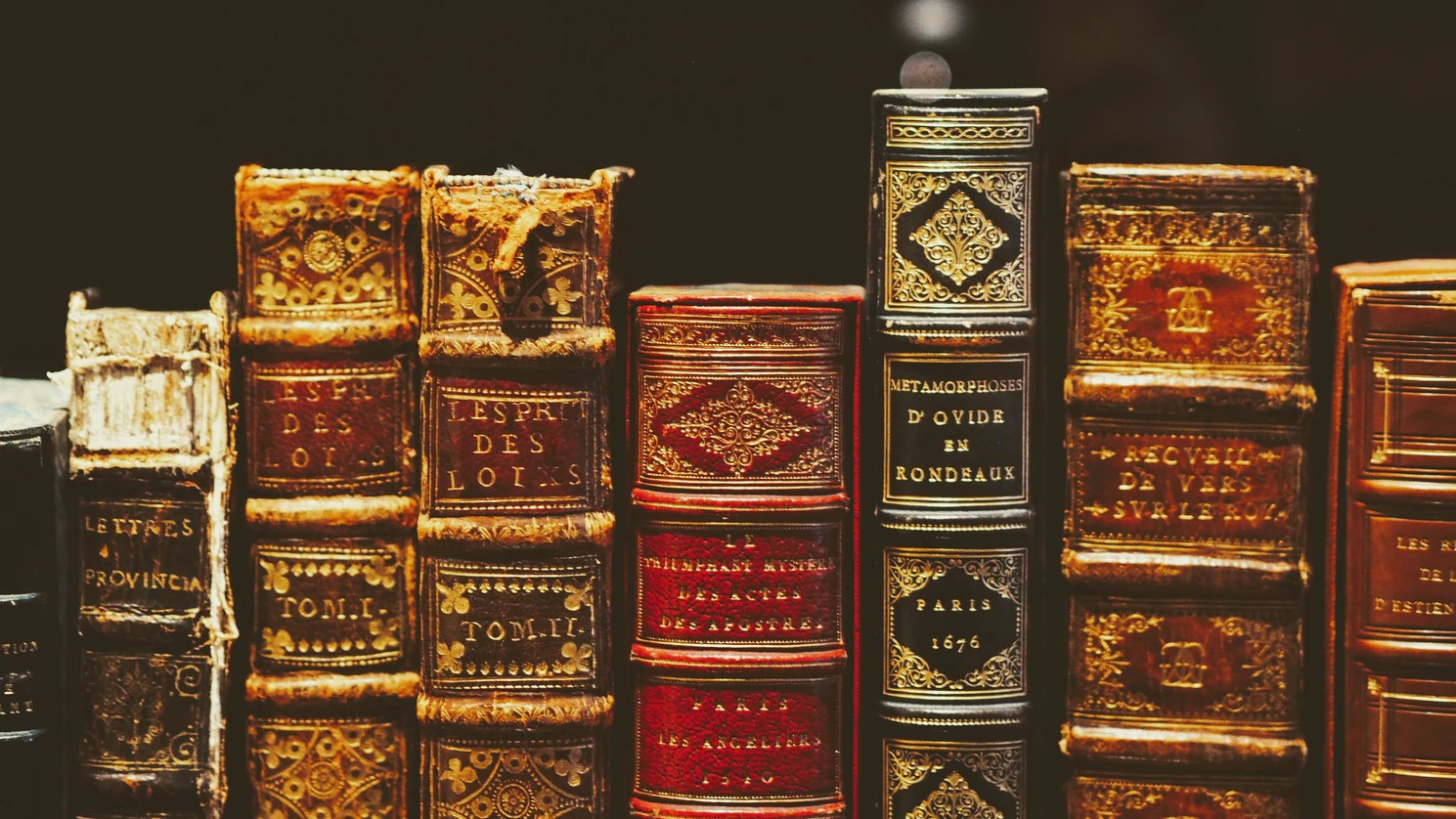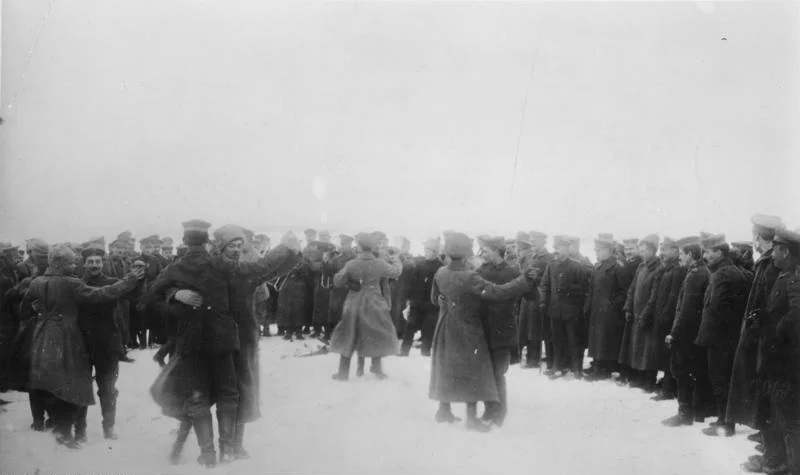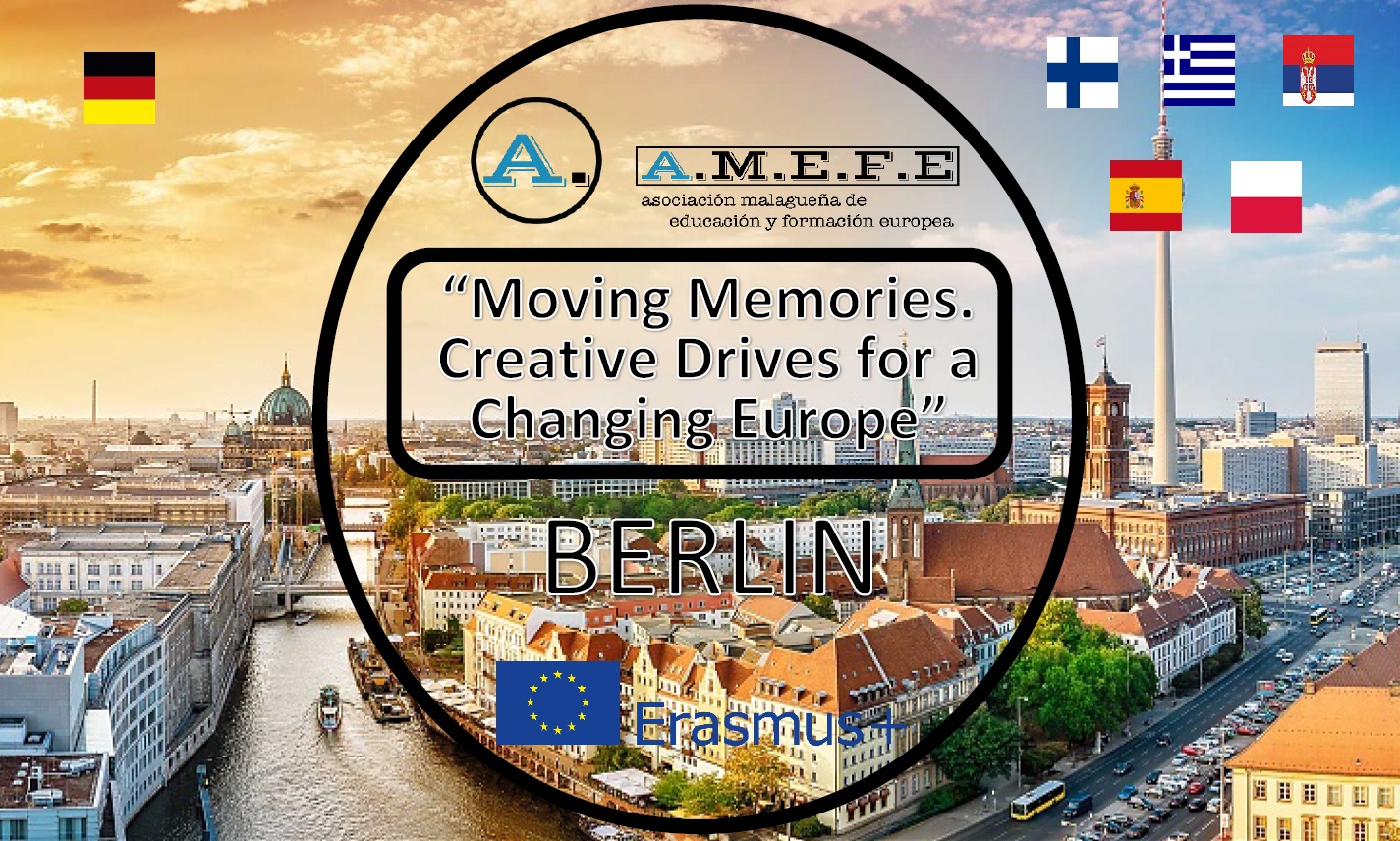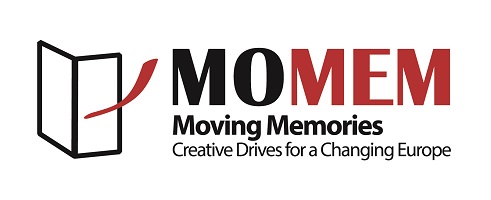– «MoMem» – Moving Memories. Creative Drives for a Changing Europe

The history of Europe is full of upheavals, destructions, and beginnings. In the process, the lives and orientations of citizens are intertwined. We are currently also living in a changing world: Coronavirus, worries about money, growing social and political divisions, climate change, the challenges of digitalization, and much more. In times of crisis, history can serve as inspiration: What decisions did people make in the past? What new developments have emerged from the upheavals? What influence do events have today? Reference to the past also promises tranquility in the present. More than that, how we talk about historical events today, what perspective we choose, what interpretation we prefer, “speaks” of the here and now—and of the desired future. In democratic discourse about history, attitudes, values, and interpretations of the present are “negotiated.” In a favorable case, belonging is also lived and experienced in this process.
In any case, reference to the history of a country or region influences one’s self-image as a citizen and one’s position in society, whether consciously or unconsciously. Critical and differentiating analysis of the past is, therefore, not a luxury, but necessary for the democratic development of societies. It allows us to understand others and ourselves, to accept ruptures, contradictions, and ambivalences, and to confront diversity and complexity even in times of uncertainty. In one’s own country, in Europe, and throughout the world.
This is the theme of the cooperation between organizations from Germany, Finland, Greece, Serbia, Poland, and Spain. Together, they are developing a multilingual learning platform on transformative situations in the history of their respective countries and how they are discussed today. Contributions are aimed at interested citizens and adult educators.
The range of topics could not be more varied: the Thirty Years’ War as a central European event, the German-German unification process, women during the transformation in Poland in the 1990s, the transition of the 1980s in Spain, the wars in Yugoslavia as an example of violent transformation, the Greco-Turkish War after World War I and “ethnic cleansing,” the experiences of Finnish refugees from Karel after World War II, and many more.
Why a European project on “memories in motion”? Especially in times of upheaval, transformation, and crisis, it is important to preserve democracy and peace on the continent. The charm of European cooperation can maintain its appeal even in difficult conditions. In the face of increasingly nationalist interpretations of the past, the broader horizon of observation can help make visible the European dimensions of one’s own “national” history, understand the culture of remembrance in other societies, and develop ideas for the future in a “European home” where its inhabitants live well and with pleasure.
Photo: Fraternization: During the armistice on the Eastern Front in 1918. German and Russian soldiers celebrate the end of the war between positions.
Bundesarchiv, Bild 183-S10394 / CC-BY-SA 3.0, Wikipedia
Partner organizations
Helinä Rautavaaran etnografisen museon säätiö, Espoo, Finland
ACTION SYNERGY SA, Athens, Greece
Akademia Humanistyczno-Ekonomiczna w Lodzi, Lódz, Polen
UDRUJENIJE GRAGDANA DAH TEATAR – CENTAR ZA POZORISHNA ISTRAJIVANJA, Belgrade, Serbia
Top photo: Natalia Y auf Unsplash


GOALS
1. IMPROVE THE SKILLS OF TRAINERS to:
a) make controversial and often emotional memory issues “moving” into a topic of adult education.
b) encourage peaceful and democratic discourse on historical events.
c) to arouse interest in the historical issues of other European societies by choosing a THEME-CENTRIC APPROACH (-> transformation).
d) encourage critical thinking and e) reinforce the differentiation between facts and falsifications.
2. Bring together adult educators, scientists (historians, ethnologists, social scientists), art directors, and museum pedagogues to create a self-learning curriculum (EDU-KIT) for democracy-sensitive history learning in Europe.
3. Practice DIALOGUE and MULTIPERSPECTIVITY through a dissuasive approach. The partners do not intend to create contributions that claim to represent the “correct” and “objective” view of the past and that will simply be accepted by the target groups (readers). Rather, they aim to stimulate thought through discussion of narratives about events and historical developments.
This includes encouraging reflection on method and self-reflection.
4. Raise awareness about TRANSFORMATIONS and profound changes in societies’ past as a source of learning for facing today’s transformations and how to shape them democratically.
5. Promote EUROPEAN DIALOGUE by exchanging information on the historical developments of the partner countries, thus improving mutual understanding and intercultural learning.
6. Practice democratic learning by promoting teaching approaches that foster argument-based debates and make citizens’ experiences and skills visible.
7. COUNTERACT nationalist perspectives on history, questioning the concept of nation as a preferred framework of interpretation.
8. Promote CIVIL ENGAGEMENT by encouraging participatory debates on historical issues and providing information on transformative periods in the past that can inspire “creative impulses for a changing Europe.”
The project is directly aimed at adult educators (teachers, trainers, counselors). The indirect target groups are adult students over 18 years of age from all educational levels, incomes, and backgrounds.
The project responds to the need to maintain peace and democracy in Europe in times of crisis and profound transformation. In light of anti-European attitudes, rising nationalism, right-wing populism, and declining trust in politics, it is important to broaden our horizons, make the European dimensions of “national” history visible, understand the culture of memory in other societies, and contrast right-wing statements with other “positive” perspectives.
You can follow us on our website and social media:


